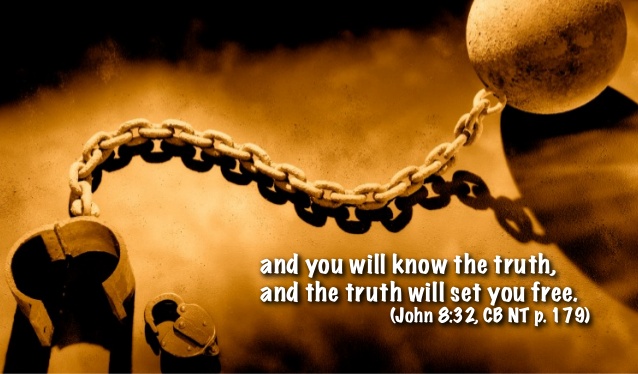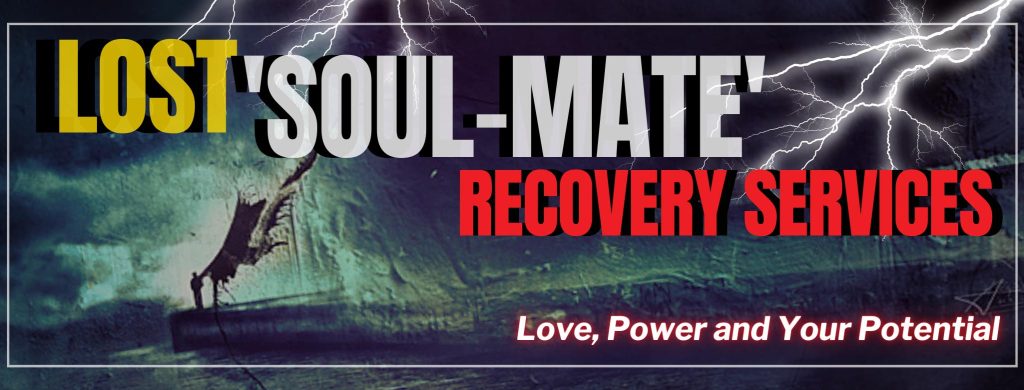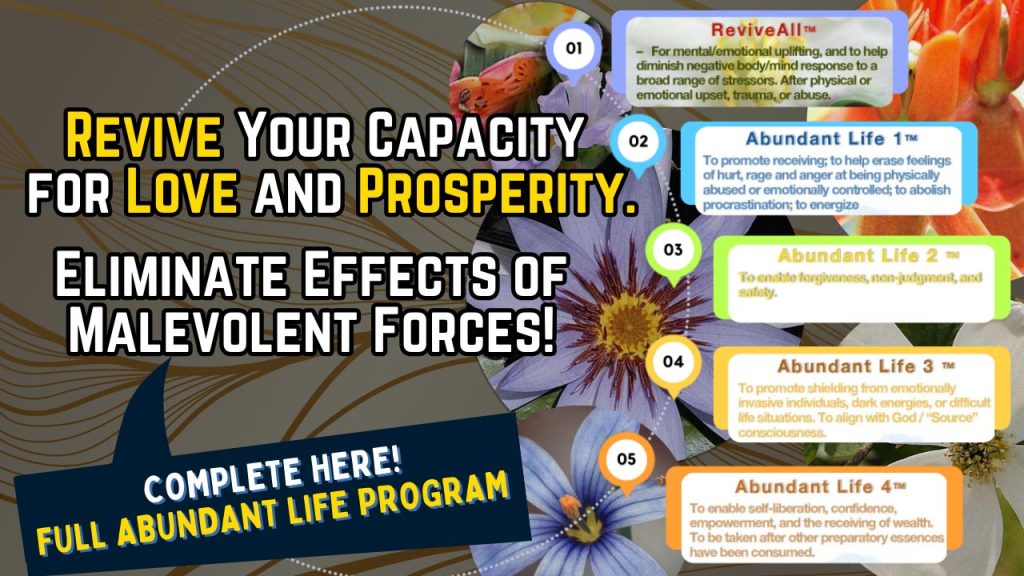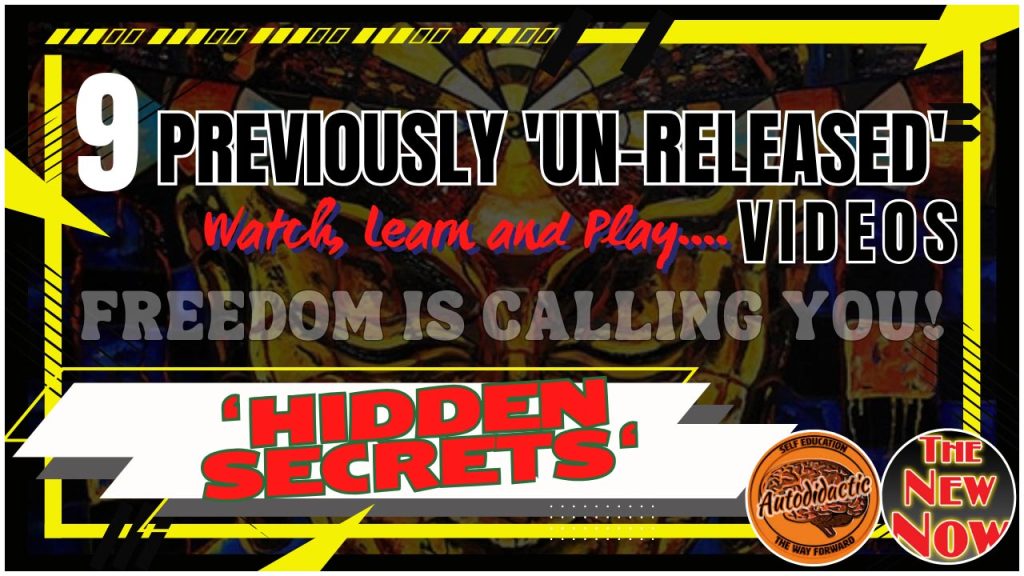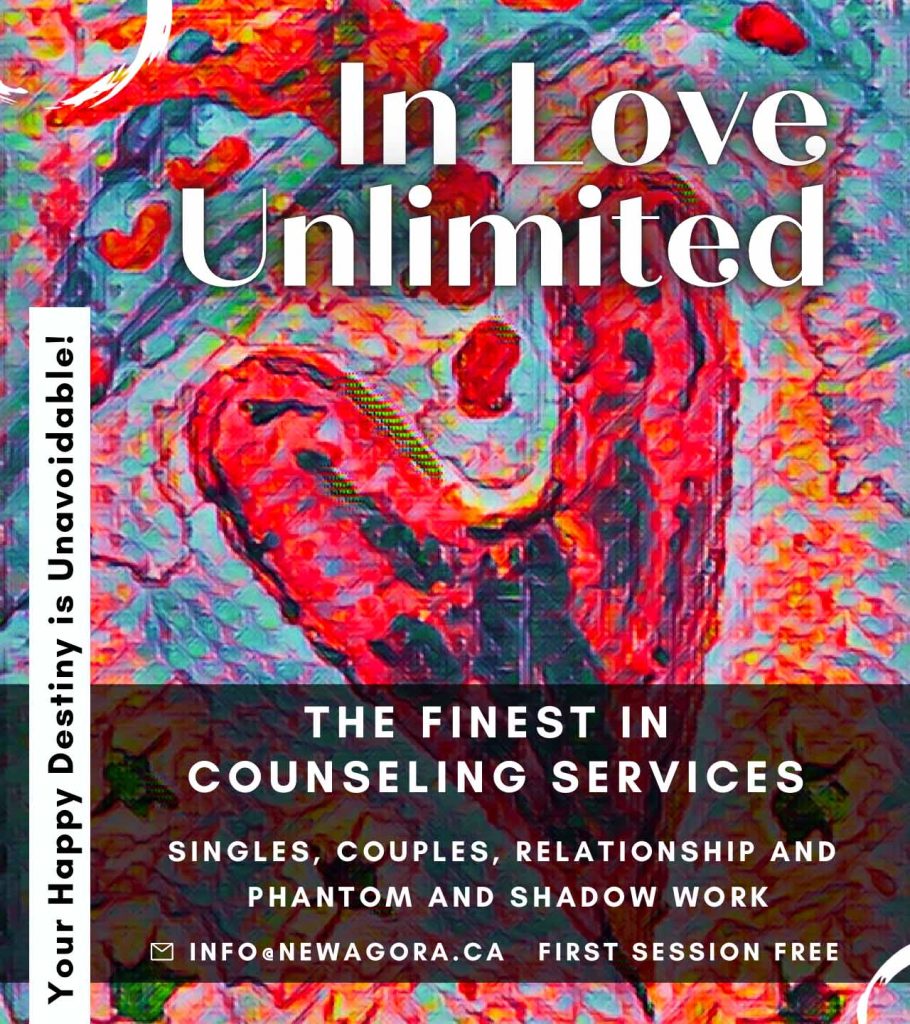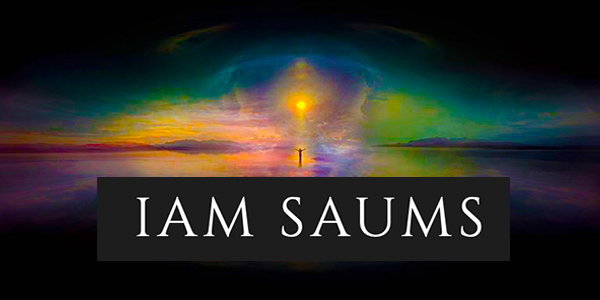Embodied Spirituality: The Truth Shall Set You Free
For myself, spirituality means aligning with what is true, or most likely true. This means looking at what is true through the lens of my unique experience and self-reflection (subjectively) and what is true in the world (objectively).
Why does it require all of me to be honest?
Because we humans have evolved to stick to our beliefs, even though many of them are false. We, in fact, experience a dopamine rush (a feel-good neurotransmitter in our brains) when we affirm our beliefs, even if they are wrong. So, confronting false beliefs about myself and the world means I have to endure some degree of feeling badly, some emotional turmoil, cognitive dissonance, and reorientation of my world. When I challenge many of my false beliefs, I encounter nothing short of transformation on all levels. Sounds like a bona fide spiritual path to me.

The Power of (False) Belief
This being human is a guesthouse,
Every morning a new arrival.
A joy, a depression, a meanness,
some momentary awareness comes
as an unexpected visitor.—Rumi
Ascertaining inconvenient truths means we have to let go of our self-administered dopamine addiction (by lying to ourselves and others when wrong) and experience feeling badly temporarily. We have to accept new visitors to the guesthouse of our psyche if we want to be more honest. If we can’t do this, we cut ourselves short of our potential.
We can’t be as loving and kind when we’re deluded about what’s true, subjectively and objectively. If I can’t accept that I am more self-serving than I think I am, I will continue to unconsciously put myself first at the expense of others. If I can’t acknowledge that smoking cigarettes, synthetic chemicals in perfumes, or spraying RoundUp is harmful, I am more likely to condone their use, which causes harm.
To change belief structures includes a collapse of our sense of self, trust, safety, belonging, and our perceived survival. This is also why many cling so dearly to their beliefs; even war can seem like a better option than to adjust ourselves to reality. Reality seems pretty powerful this way! If we adopt reality as our guru, we have a powerful teacher on our side to wake us up. So, a willingness to embody our humanness can be a path to greater compassion and peace. Embodied spirituality means being fully human—accepting and working skillfully with all our thoughts, emotions, physical issues, and relationships.
When we don’t embody our spirituality, we don’t take as good care of the Earth, which is the extension of our own bodies. In the age of environmental collapse, an earthy and embodied relationship to life that apprehends what is true helps us heal what’s ill. Like missing a medical diagnosis, how can we treat what what we can’t bear to admit and accurately diagnose? Honesty is therefore the first step to healing and embodying our lives.
Being Human is Very Spiritual
We, in fact, need nothing more than everyday honest living for spirituality to put us on a path of massive transformation.The more we can let go of spiritual loftiness and encounter our ordinary humanness, the more resilient and honest we become. Ironically, it is precisely this difficult growth that has given rise to many spiritual and religious paths that abandon the ordinary, grounded world of embodied living, as complex as it is. These spiritual paths thrive on what is highly likely untrue. They try to escape the pain of everyday living by denying what’s painful, which is called spiritual bypassing. With skillfulness, wisdom, and support we can navigate what’s honestly human while not bypassing.
Learning to welcome and tolerate all manner of emotions and inconvenient truths to our guesthouse allows us to align with reality, especially welcoming what makes us feel badly. It’s important to align both with the good and the ugly because when we ignore the ugly and painful, it goes unhealed and untended. Our precious biosphere suffering under the weight of our pollution is a prime example. What we don’t want to look at, we can’t address. Turning our heads and hearts away from it creates more pain and ugliness.
The New Age dictum, “What you put your attention on grows,” fails to acknowledge the importance of embracing what’s ugly and painful. A wiser, more embodied version might go: “The negative things you put your attention on allow you to see reality and address it before it takes over beyond the point of repair.” Look at the plastic pollution issue or climate change as examples. Acknowledging both sides of the coin is more important than choosing only the bright side of life in order to remain happy, which is short-lived when we’re in denial of the dark side. Wanting to remain happy at the expense of not seeing reality (except when we need a recharge break from honestly facing it) is fear in disguise that ultimately comes back to bite us. It also bites us in the moment because this denial cuts us off from our deeper hearts—our compassion and empathy—which are stirred by painful realities.
We can’t know everything, of course. Nor can we be right all the time. But we can be aligned enough with everyday reality (what matters at the end of the day) to make a difference and eliminate unnecessary suffering. We just have to be willing to be selfless enough to stop avoiding necessary pain to the degree we do.
Science & Critical Thinking
Scientific consensus is the primary arbiter of what’s objectively true in the world; what we subjectively experience is not as good a measure of what’s objectively true. “I like apples” is a subjective truth. No one can disprove this; it’s a personal truth. It is not the purview of science to disprove a subjective experience. Yet, if I claim that everyone likes apples just because I experience their yumminess, this is imposing a personal truth onto external reality. And, it’s not true—we know not everyone likes apples, and nothing is wrong with them for not liking them. It is the purview of science to demonstrate that not everyone likes apples, and simple common sense will do in a pinch.
Of course, there is bad science, like the junk (dishonest) science produced by many corporations such as Big Pharma and Bayer-Monsanto with regard to GMOs. So, when I say science, I mean good, peer-reviewed (and not conflict-of-interest and corporate-funded), consensus science. And yes, many scientific truths are always in flux, but many scientific discoveries do not change because they have stood the test of many challenges. Think about the law of gravity and the laws of thermodynamics. Many who want to protect their sense of self and ego deem all science to be manipulative, dishonest, and just another belief system. This is just not true. If it were, the device on which you are reading this article would not function because it’s constructed as a result of the collaboration of many scientific laws that have not been debunked and instead stood the test of time.
Consider another example: If I experience a vision during a medicine journey or receive a message in a dream one night that has personal meaning to me, I might conclude it’s true for everyone, or true in the world. Let’s say a blue dragon with white polka-dots tells me that aliens are communicating to humanity by way of trees. Well, before I know if this is true or not, I’d have to investigate its veracity. I don’t deem it true simply because I had a subjective experience that conveyed it was. This way, I can tentatively receive this bit of intuitive knowledge and seek to determine if it’s true. Intuition tips me off to what is possible, not necessarily what is true.
Confounding subjective and objective truth is one of the biggest faux pas we make, especially in spiritual circles.
Science shows us what’s most likely true beyond our own intuition, beliefs, and biases. Even with science’s errors and its dishonest publishing politics, good scientific consensus is still the best tool we have for determining what’s true about the natural world, not our subjective experiences. We have to be skillful and aware not to automatically deem our subjective experiences as objective truths. This helps us align with reality, keep an appropriately open mind, and helps everyone get along better because we’re not feuding over what’s objectively true.
“What’s True for Me”
When everyone feels entitled to their opinion—”what’s true for me”—we end up with lots of personal beliefs and memes that aren’t true. “Personal truth” or “what’s true for me” is a subjective truth. Your like of apples doesn’t mean anything about the external world, such as my opinion of apples. If I don’t trust politicians or my landlord, this doesn’t mean they are untrustworthy. I need objective evidence to prove or verify my distrust. Or I can just own this hunch and honestly call it so, while knowing it might not be true. This discernment between subjective and objective truth helps prevent assumptions and dogmas. This also sounds pretty spiritual to me.
If someone sheds distressing light on a politicianI like or my best friend, I’m likely to become defensive because my sense of self and orientation in the world, as well as my emotional security, are invested in these beliefs. If my belief structures are challenged, all of what that belief system keeps in place becomes shaky. And this is just too scary for most of us, so much so that we defend against it or attack and assault others because of it. We often make the mistake of imposing “what’s true for me” onto what’s true for everyone or what’s true in the world.
“What’s true for me” beliefs can’t automatically be extended to external reality unless we have evidence beyond our own subjective perception to deem them so. If I believe the world is flat and this is “what’s true for me,” that doesn’t fly. This is to make a subjective truth objectively factual. This is what leads to conflict and living in fantasy. Just look at religious and many New Age beliefs as examples. They are not different from our personal beliefs about the nature of reality that are also false and cause us to act in egoic, violent ways.
What’s True “Out There”
Good science to determine the mostly likely and factual objective knowledge offers us the opportunity to dismantle our egos and illusions. Science and critical thinking show us that many of our “what’s true for me” opinions about the world are wrong. Notice I am not talking about personal feelings and preferences, but rather our statements of fact about the world.
Objective truths implicitly challenge us to change, to transform ourselves. It takes spiritual-emotional courage to accept these facts, which builds resiliency the more we practice aligning with what is both subjectively and objectively true. The sun appears to go down over the horizon; the Earth appears flat. Via science, we know these subjective observations are not true. Using my intuition to make such conclusions is a wrong use of this faculty. If my intuition tells me there is more to the story, then I can investigate it for other evidence. This, in fact, is how many scientific discoveries occur. Intuition and science are not mutually exclusive. In fact, they are allies as long as we don’t assume what’s subjectively true to be objectively true, and vice versa.
Many people dismiss science precisely because its conclusions fly in the face of what they’d prefer to believe. This results in intellectual dishonesty and spiritual delusion. Our emotional bents and grudges—especially those resulting from our hurt and wounds that have generated anger, fear, pain and thus, bias—prevent us from being intellectually honest, unless we recognize the dynamic by which we deceive ourselves and we set about to be more honest. This requires enduring the discomfort of being humbled and sacrificing a temporary dopamine rush for the truth.
To be able to accept truth therefore requires that we deal with our emotional baggage and triggers, because this is the primary driver for our intellectual dishonesty and spiritual laziness. Many of us would fall apart if we discovered that parts of our worldview are untrue. That could result in a spiritual emergency, akin to a healing crisis, which ultimately improves us and makes us more effective in the world.
Warriorship
This is why spiritual warriorship—aligning myself with what is most likely objectively and subjectively true—requires I be emotionally and intellectually rigorous and courageous. It means that I listen to scientific consensus and not discard it because I’d like to believe something else. It means that I listen to the opinions of others and gain perspective on myself (while also honestly and humbly sorting out projections and displacements of other people’s biases). It means that I genuinely and honestly consider interpersonal facts about which I might have an incorrect opinion. And it means that I notice the whispers inside me that tell me when I am being dishonest or hiding from the truth, with white lies tolerated now and again.
Many spiritual paths involve giving over one’s will and beliefs to a guru. Yet, that guru can be corrupt and deluded and conflate subjective and objective truths. For example, feeling “one with all” in meditation doesn’t mean that we are all one in a black or white way—without appropriate boundaries, individual needs, and different tolerances and sensibilities. In this sense, aligning ourselves with what is most likely true, subjectively and objectively, is a robust spiritual path—because, much like a guru, it forces us to align with truth and withstand the breakdown of some part of our existing paradigm. This is death and rebirth work, for sure. Again, this sounds pretty spiritual to me.
Detachment from reality by remaining stuck in one’s self-centered and deluded beliefs doesn’t help the planet or help us show up for one another. Consider our government’s failure to acknowledge the widespread harm of key pesticides, or the neurotoxic chemicals in perfumes and scented products, despite the scientific evidence and the fact that many of these products are banned in the EU and other, more sensible places than America. This creates crimes of global proportion because of the actions (and inactions) and resulting injury that a denial of the facts causes. Or consider a smaller-scale example. If someone doesn’t appreciate you, despite evidence to the contrary they choose not to see, they will treat you poorly and create unnecessary suffering for you and themselves.
Embodied Spirituality
To live an embodied spirituality—where we are in alignment with reality and what’s as true as we can glean— means we have to give up many of our fantasies and wishful thinking. It means we have to tend intimately to our emotional lives and the hidden aches and wounds that hide us from the truth. We find these hidden places when we descend into and become more conscious of our bodies (this is a key aspect of the “body” part of “embodied spirituality”). We have to practice critical thinking to align with external reality, what’s known as “intellectual honesty.” Emotional and intellectual honesty are the pillars that produce spiritual honesty.
When we practice emotional healing, good thinking, and care for the greater good, we inhabit our bodies more fully. Belonging to ourselves this way connects us to the body of the Earth, so we can treat it with the same integrity with which we treat ourselves . This way, spirituality begins with our (extra)ordinary humanness and self-healing and extends to the ordinary, extraordinary world around us in the same vein of integrity.
It’s easy to live in a fantasy world, believing what’s convenient, what feeds our biases, puffs up our superiority, denies what makes us uncomfortable, and propels our hate. These convenient, false beliefs also protect our core wounds and our need to belong in the world at any cost. The problem is that believing in what’s untrue damages the world because it guides our actions and inaction.
Science and everyday evidence are beautiful because they bypass our bias and opinion; they don’t care what we believe or what injures our ego. They’re impartial. Sounds like the work of a good guru to me. When we get humility, courage, honesty, good thinking, and passion all working in harmony and assuming their appropriate roles for truth-discerning, we get integration, which begets integrity. These psycho-spiritual capacities are the cornerstone of an embodied spirituality, which is simply to be an exquisitely integrated and aware human being who genuinely cares about oneself and the world . . . enough to be willing to suffer disillusionment to align with and serve it.
When we align our subjective and objective truths, we live in more harmony, not only with ourselves but with every other precious, living thing. What better path could we take than to strive for an embodied, earthy life in the age of environmental collapse? For, the collapse of the natural world may indeed be due to our collective, personal collapse of integrity—the abandonment of our own embodiment.
****
Jack Adam Weber, L.Ac., M.A., is a Chinese medicine physician, having graduated valedictorian of his class in 2000. He has authored hundreds of articles, thousands of poems, and several books. Weber is an activist for embodied spirituality and writes extensively on the subjects of holistic medicine, emotional depth work, and mind-body integration, all the while challenging his readers to think and act outside the box. His latest creation is the Nourish Practice, a deeply restorative, embodied meditation practice as well as an educational guide for healing the wounds of childhood. His work can be found at jackadamweber.com, on Facebook, or on Twitter, where he can also be contacted for medical consultations and life-coaching.
Help Support Collective Evolution
The demand for Collective Evolution’s content is bigger than ever, except ad agencies and social media keep cutting our revenues. This is making it hard for us to continue.
In order to stay truly independent, we need your help. We are not going to put up paywalls on this website, as we want to get our info out far and wide. For as little as $3 a month, you can help keep CE alive!
Come Follow Us on Twitter
Come Like Us on Facebook
Check us out on Instagram
And Sign Up for our Newsletter


